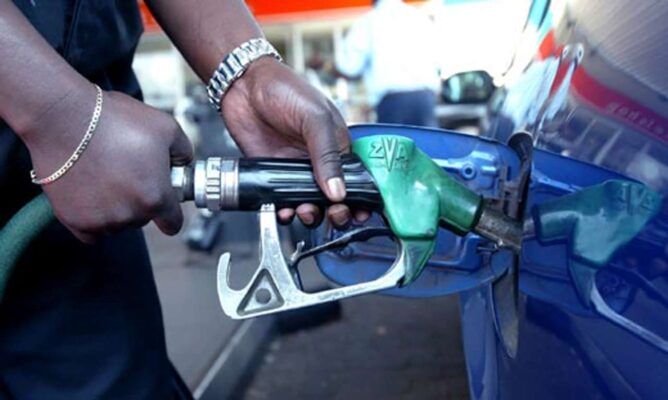The price of aviation fuel has increased to as high as N1,400 per litre in some parts of Nigeria, even as supply levels remain stable.
Airline operators have expressed concern over the price hike, noting that fuel availability at depots and airports has not been disrupted.
The chief operating officer of United Nigeria Airlines, Maxi Osita Okonkwo, said on Tuesday that the supply of Aviation fuel, also known as Jet A1 fuel, across the country remained steady despite wide variations in prices depending on location and supplier.
LEADERSHIP reports that Jet A1 remains one of the most volatile cost components for airlines, often determining ticket prices and operational schedules.
Also, there are widespread concerns over rising aviation fuel costs as airlines have had to navigate fluctuating market prices and supply chain dynamics to keep operations stable.
However, speaking to LEADERSHIP, on the current state of aviation fuel availability, Okonkwo said airlines continued to source fuel from independent marketers since Dangote Refinery does not sell directly at the airport ramps.
“The supply is steadily available, and that is what is important to us,” Okonkwo said. He continued, “The thing is, Dangote doesn’t sell at the ramp, so we buy from marketers, and each marketer depends on their plans. Generally, fuel is available, and since there is no monopoly, there is no scarcity—just availability depending on the marketer.”
He, however, noted that prices fluctuated widely between different regions and suppliers. According to him, aviation fuel prices currently range from N980 to N1,400 per litre, depending on the location and logistic costs involved.
“It depends on where you buy. In some places, it goes for around N980 per litre, while in others it could be N1,300 or N1,400 per litre. For instance, if you’re going to Bayelsa, you’ll pay more than that because of logistics. Generally, in Bayelsa, it goes for N1,400 per litre,” he explained.
Another domestic airline operator, who craved anonymity, told LEADERSHIP that aviation fuel pricing is a closely guarded aspect of the global aviation business.
The domestic airline operator, which is also involved in regional operations, said its airline would rather not get involved in jet fuel prices and their dynamics.
Meanwhile, aviation experts have initially posited that the entrance of Dangote Refinery into the downstream sector had raised hopes for reduced costs and improved availability of aviation fuel, but the airlines’ reliance on independent marketers who purchase in bulk and distribute to airports nationwide has altered the analysis.
Speaking on the development, Aviation Security Expert, Group Capt. John Ojikutu (rtd), urged the Nigerian National Petroleum Company Limited (NNPCL) to concession the pipelines supplying aviation fuel to airlines and marketers for greater efficiency and transparency.
“I had recommended as far back as 2012 to the then NNPCL to concession the pipelines supplying fuel to the airlines and marketers,” Ojikutu said.
“But I was told by the Office of the National Security Adviser (NSA) at the time that doing so would step on certain toes. That remains the character of those in government administration and the management of our agencies.”





